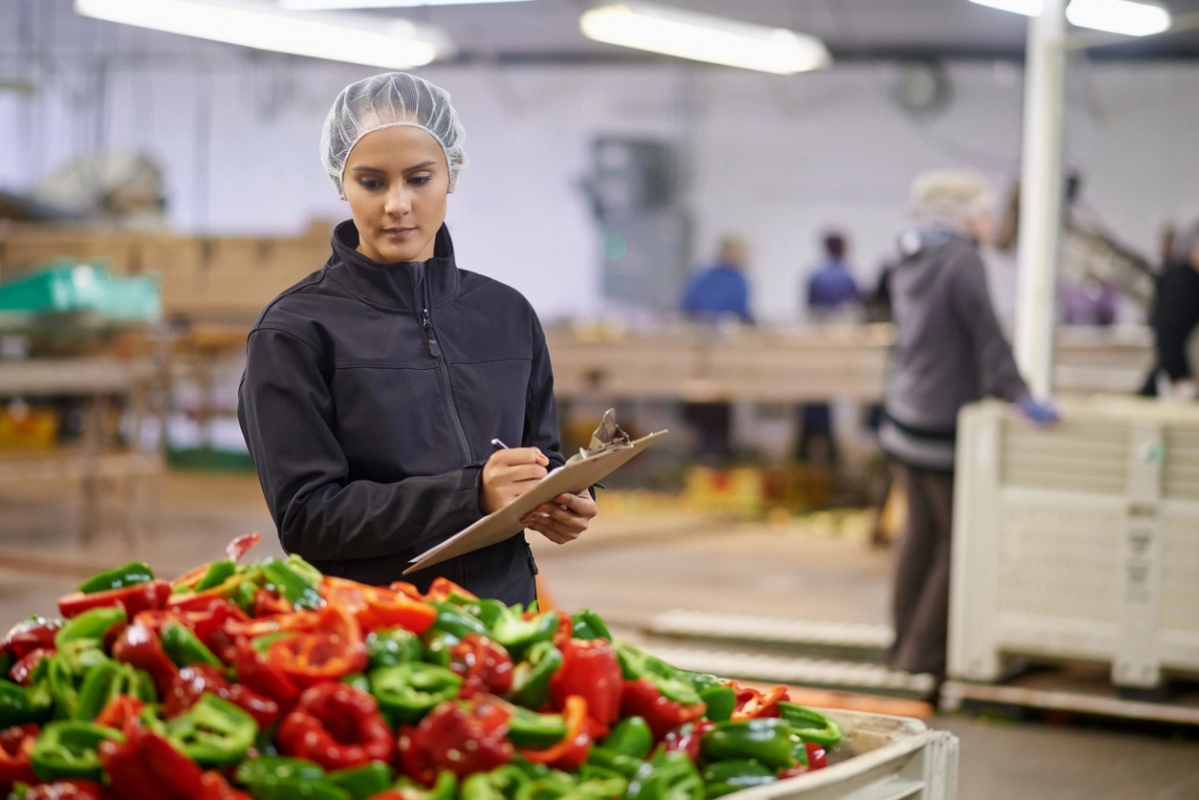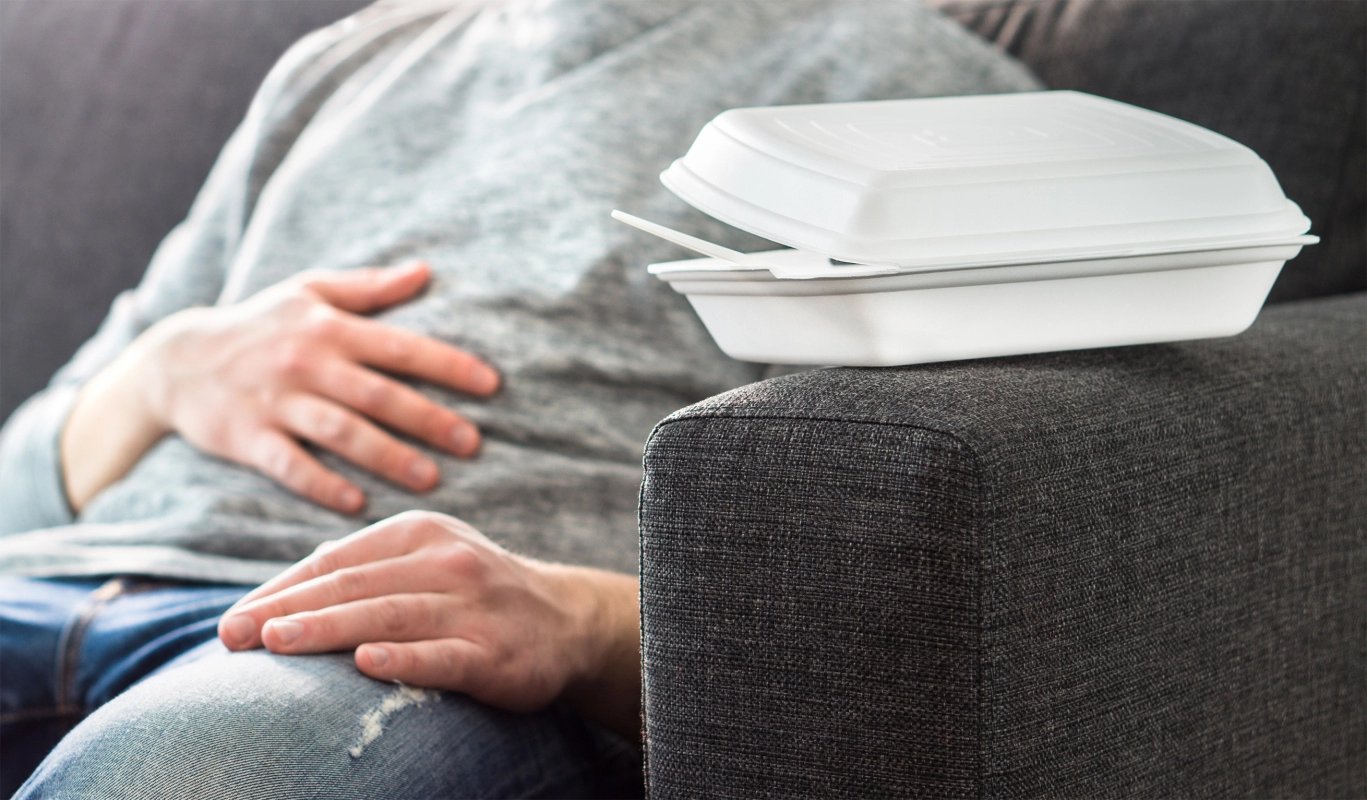According to the Center for Disease Control, nearly one in six Americans are infected with foodborne bacteria every year. From poultry and beef to raw vegetables and eggs, there are countless food products that can get you sick if they are not handled safely. While most people are aware of the most common sources of food poisoning or foodborne illness, there are many unexpected foods that too many people don’t take seriously enough when preparing or storing. Here are 8 unexpected food products that can make you sick.
1. Sprouts
The humid conditions needed to grow sprouts can lead to them becoming infected with bacteria like E.coli, which thrives in warm, humid environments. Many people eat sprouts raw or lightly cooked, leaving them open to contracting a serious foodborne illness. Food safety experts highly recommend rinsing and cooking sprouts before eating them to mitigate the risk of illness.
2. Rotisserie chicken
Rotisserie chicken is a quick and instantly enjoyable meal that can feed the entire family, but runs the risk of rapid bacterial growth if mishandled. The leading cause of foodborne illness related to rotisserie chicken is leaving it on the counter at room temperature once it’s been brought home. In order to reduce the risk of foodborne bacteria, divide the chicken into pieces and store it in the refrigerator until mealtime.
3. Kidney beans
Dry kidney beans are an affordable source of protein, but are naturally high in a toxin called phytohaemagglutinin. This isn’t usually an issue, unless kidney beans are consumed raw or undercooked, when it can lead to nausea, vomiting, and diarrhea. Experts recommend soaking kidney beans for up to five hours before preparation to ensure safe eating.
4. Rice
Rice naturally contains a toxin producing bacteria called Bacillus cereus. This naturally occurring bacteria usually isn’t a problem until rice is left to sit at room temperature, where it can multiply rapidly and lead to diarrhea, vomiting, and nausea among other symptoms. Storing leftover rice quickly after eating is the most effective way to prevent illness.
5. Homemade ice cream
Homemade ice cream can be a delicious treat on a hot summer day, but it carries with it a high risk of foodborne illness. Homemade ice cream is often made with eggs, which helps to give ice cream its smooth and creamy texture. Salmonella has been responsible for a number of foodborne illness outbreaks, leading to food safety authorities urging people to use pasteurized egg products or egg substitutes in their ice cream.
6. Potatoes
Potatoes are a mealtime favourite around the world, but commonly contain dangerous bacteria like salmonella, E.coli, and C.botulinum, with potatoes being linked to over 100 serious outbreaks. Bacteria can often be transferred through soil, though it’s most commonly transferred during the preparation of dishes containing potatoes like potato salad - especially when these meals are left to sit at room temperature for extended periods. Experts recommend scrutinizing the colour of potatoes before preparing them, washing them thoroughly, and storing them properly before and after eating.
7. Peanut butter
Peanut butter is a favourite for lunchtime snacks all around the world. Aside from being a common allergen, peanut butter has been the cause of a number of salmonella outbreaks in the past. When peanuts are roasted, bacteria is usually killed by it, but peanut butter is open to contamination during the production process. This should be taken into account when preparing and storing homemade peanut butter. It also makes it extremely important for buyers to be aware of food recall warnings relating to peanut butter.
8. Leafy greens
One of the most common sources of foodborne illness outbreaks is related to common leafy greens such as lettuce, spinach, cabbage, kale, and chard. Harmful bacteria including E.coli, listeria, salmonella, and norovirus have all been linked to leafy greens, with the most recent outbreak taking place in 2018, infecting dozens of people throughout the United States. In order to avoid foodborne illness, food safety experts highly recommend thoroughly rinsing, washing, and blanching leafy greens prior to eating.


